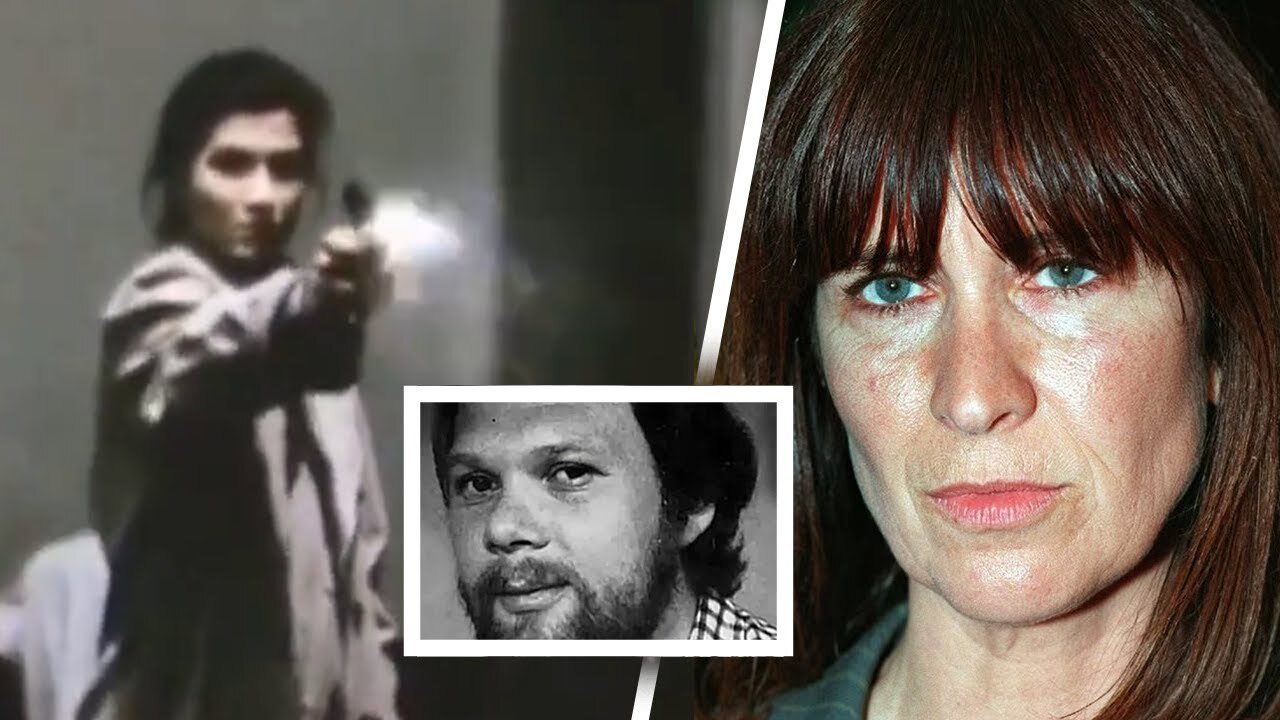Marianne Bachmeier –The Shocking Story Behind Her Revenge!
Marianne Bachmeier’s story is a heartbreaking reminder of how loss and injustice can drive a person to extreme actions. As a mother, her pain and taking the law into her own hands struck a chord with me.
Marianne Bachmeier shot Klaus Grabowski in court in 1981, when he was accused of murdering her daughter, Anna. It brought up great controversy over justice and personal revenge. Marianne’s story indicates the depth to which a mother can feel pained when justice is out of reach.
Stay tuned with us as we go deeper into the story of Marianne Bachmeier, a mother who took justice into her own hands. We will be looking at the shocking events, the emotional journey, and the lasting impact of her actions. You won’t want to miss it!
The Early Struggles of Marianne Bachmeier – A Look Into Her Painful Family Life!
Marianne Bachmeier was born on June 3, 1950, in Sarstedt, Germany. Her family was a troubled one; her father, a former member of the Waffen-SS, was strict, and the home was full of tension. Her parents divorced, making her childhood even harder. Marianne’s relationship with her mother and stepfather was difficult, leading to more emotional struggles during her teenage years.
By the time Marianne was 16 years old, she had already been through some tough stuff. She became pregnant and placed her first child for adoption. This marked the beginning of a difficult period in her life where she had to deal with motherhood pressures coupled with personal challenges. As she grew older, Marianne married Dieter and gave birth to another child, but her life continued to be hard.
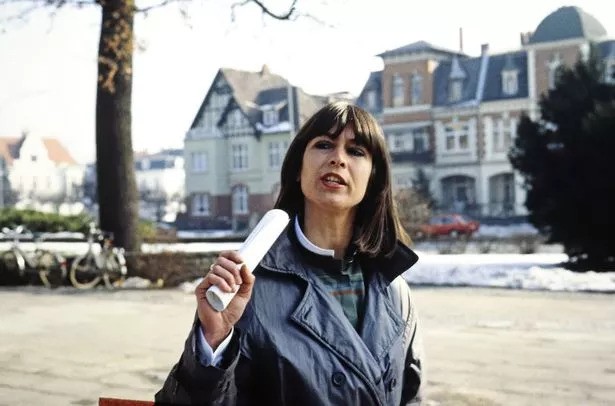
Also Read: Pokémon Element Table – Unlock Type Strengths & Weaknesses!
Anna was Marianne’s third child, born on November 14, 1972. While life remained challenging, Marianne tried her best to bring up Anna properly. She spent most of her days working in a pub and would leave Anna on her own often; this fact determined Anna’s childhood.
The Tragic Murder of Anna Bachmeier – A Mother’s Heartbreak!
On May 5, 1980, Anna Bachmeier, aged seven, played truant from school after an argument with her mother. She then found herself at the flat of Klaus Grabowski, a 35-year-old butcher with convictions for sexual offenses. Grabowski tricked Anna into entering his flat to let her play with his cats. There, he kept Anna for hours, raping her and strangling her with his fiancée’s tights.
The crime devastated Marianne, especially considering the tragic upbringing of Anna. The emotional burden was unbearable for a mother who had already faced a lot in life. Klaus Grabowski was not a new face to the law; he had been convicted previously for child molestation. He was chemically castrated in 1976 as part of his sentence, yet he still posed a danger to young children.
The brutality with which Anna was killed only stoked Marianne’s anger, setting the scene for the extraordinary act of vengeance that was about to unfold.
The Courtroom Shooting That Shocked the World – A Mother’s Act of Justice!
On March 6, 1981, on the third day of the trial of Klaus Grabowski, Marianne Bachmeier took the law into her own hands when she smuggled a Beretta .22-caliber pistol into the courtroom and shot Klaus Grabowski in the back, killing him instantly. Witnesses described Marianne as eerily calm as she carried out her act of vengeance, and her chilling statements afterward—”I wanted to kill him”—captured the emotional devastation that had driven her to act.
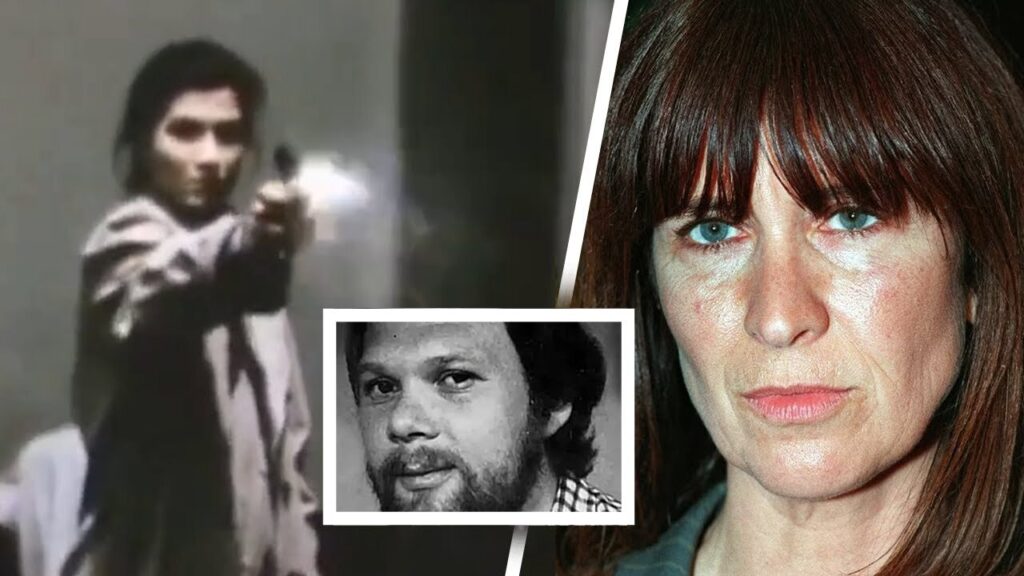
Also Read: Man City vs Man United Timeline – The Ultimate Rivalry in Football!
Even though what she did was legally indefensible, many felt sorry for her. Vigilante justice is usually considered a natural reaction in a society that sees the system not deliver justice in the manner in which it is supposed to; Marianne’s act was thought to epitomize that deep societal frustration. Her emotional response to the system’s failure made her a polarizing figure in the court of public opinion.
Marianne Bachmeier’s Sentencing – The Legal Aftermath!
After the shooting inside the courtroom, Marianne Bachmeier was arrested and accused of murder. The case immediately became one of the most well-publicized cases in German history. After thorough legal proceedings, however, the charge was reduced to manslaughter. The prosecution argued that the actions of Marianne were done under emotional distress and not under premeditation, which was largely accepted by the court.
In 1983, Marianne was sentenced to six years in prison for manslaughter and the unlawful possession of a firearm. She was released on parole after three years. The sentence sparked intense debate about the fairness of her punishment. Many believed the sentence was too lenient, while others felt it was appropriate given the extraordinary circumstances surrounding her actions.
Marianne Bachmeier’s Life After Prison – A Path to Healing!
Marianne Bachmeier tried to put her life back together after being released from prison. She married a teacher and moved to Nigeria, wanting to get as far away from the media as possible. Her marriage did not work out, and she moved to Sicily in Italy. Meanwhile, Marianne was diagnosed with pancreatic cancer; it was an attack that defined her last days.
In 1995, Marianne confessed to shooting Klaus Grabowski on purpose, explained that she was able to ensure that he would not lie about her daughter in court. She never apologized for her actions; in fact, she believed that she did the right thing, because justice comes from doing what is right. Marianne died on September 17, 1996, at the age of 46.
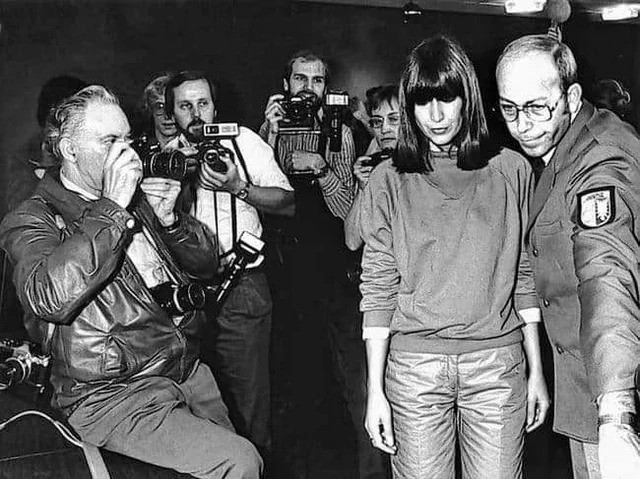
Also Read: Man City vs Real Madrid Timeline – All Key Matches & Moments Explained!
Marianne Bachmeier’s Case – Public Opinion and Media Storm!
Media responses to Marianne Bachmeier shooting Klaus Grabowski were divided between support and criticism. First, public opinion was sympathetic because most people felt that she was a mother whom the justice system had failed. With increasing details about her past, sympathy started to erode.
Although some are blaming her for taking the law into her own hands, many thought that what she did was understandable in the light of the tragic death of her daughter. The media coverage on vigilante justice and the emotional cost of violent crime fueled the debate. Now, public opinion is not clear cut about whether the sentence given to Marianne was too lenient, too harsh, or appropriate.
Legal and Social Implications – Vigilante Justice and the Legal System!
The Marianne Bachmeier case triggered a public debate on the role of the legal system and the ethical issues involved in the application of vigilantism. Though many argued that her actions were a natural consequence of her suffering, others felt that personal revenge was a way of undermining the law.
This case raised very important questions about how best to balance the rights of victims with the imperative of the rule of law. Should a mother be allowed to take the law into her own hands to avenge the murder of her child? Or does such action set a very dangerous precedent that could unravel the very foundation of the justice system?
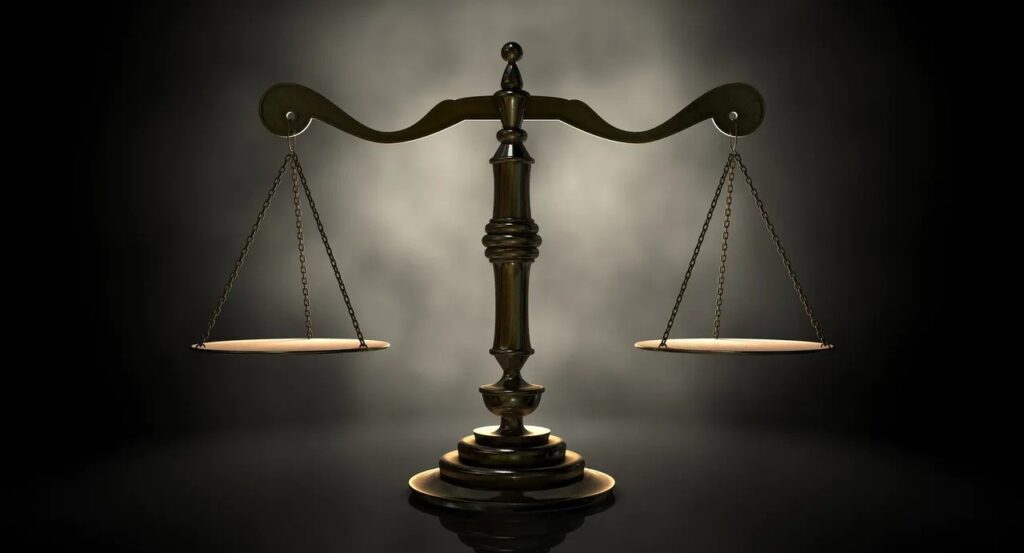
Also Read: Ennuifans – The Ultimate Platform to Monetize Your Creativity!
Marianne Bachmeier’s Legacy – A Tragic Heroine or Desperate Mother!
Marianne Bachmeier continues to be remembered and debated around the issue for years. The mother is thought of by most as a very tragic figure driven to the ground by the helplessness of her legal system at work. Or she is seen as another example of people’s dangers within vigilante justice.
Her legacy lives on through the current debate on crime, justice, and the emotional after-effect of crimes. To some, she is a heroine in search of justice for her daughter, while to others, no one deserves that kind of defense under any circumstances.
Also Read: Pokémon Weakness Chart – Counter Every Type!
FAQs About Marianne Bachmeier
What happened to Marianne Bachmeier after the shooting?
Marianne was arrested and convicted of manslaughter. After serving three years, she moved abroad, later returning to Germany where she passed away from cancer.
Why did Marianne Bachmeier kill Klaus Grabowski in court?
Marianne shot Klaus Grabowski in a moment of emotional distress, seeking justice for the brutal murder of her daughter.
Was Marianne Bachmeier remorseful for her act of vigilantism?
No, Marianne never expressed remorse. She believed her actions were justified as an act of justice for her daughter.
How did the public react to Marianne Bachmeier’s actions?
Public opinion was divided, with some sympathizing with her pain and others condemning her for taking the law into her own hands.
How did Marianne’s case impact Germany’s legal system?
The case raised important questions about the role of the legal system, victims’ rights, and the implications of vigilante justice.
What is the Marianne Bachmeier film about?
The film dramatizes the real-life story of Marianne Bachmeier, who shot Klaus Grabowski in court after he murdered her daughter, Anna.
Who was Marianne Bachmeier’s husband?
Marianne was married twice; her first husband was Dieter, and later she married a teacher with whom she moved to Nigeria before divorcing.
Is there a Marianne Bachmeier film on Netflix?
There is no Marianne Bachmeier film currently on Netflix, but documentaries and films about her story can be found on other platforms.
Where can I watch the Marianne Bachmeier film?
Films about Marianne Bachmeier can be watched on platforms like Amazon Prime Video, YouTube, and Vimeo.
What is the story of Klaus Grabowski?
Klaus Grabowski was a convicted child molester who murdered seven-year-old Anna Bachmeier in 1980, leading to his death at the hands of her mother in 1981.
What does the Wikipedia page say about Klaus Grabowski?
His Wikipedia page details his criminal history, including his sexual offenses and the murder of Anna Bachmeier, which led to his death during trial.
Where can I watch Marianne Bachmeier’s interview?
Marianne Bachmeier’s interviews can be found on YouTube and in documentaries available on platforms like Vimeo and Amazon.
Conclusion
Marianne Bachmeier’s story is that of deep sorrow and tough choices. She decided to take the law into her own hands following the murder of her daughter. Her case brought forth debate whether her actions were right or wrong. Some view her as a tragic heroine, while others believe that it set a dangerous example. Her case illustrates how crime impacts families and poses questions about justice. Marianne’s legacy makes us think about the balance between the law and personal revenge.

